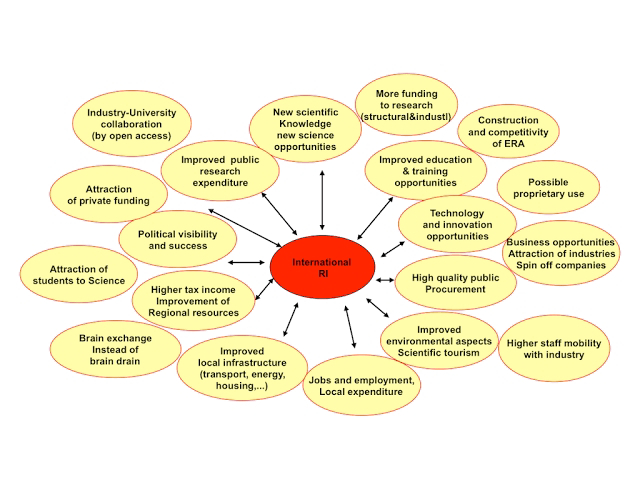Crafting a Globally Appealing CV: Tailoring Your Resume for Different Countries.
Introduction:
As the job market becomes increasingly global, tailoring your CV for different countries is a savvy move. While the core of your qualifications remains consistent, cultural and industry-specific nuances vary across borders. This guide illuminates how to customize your CV to resonate with employers in diverse countries, maximizing your chances of success.
1. Research Regional Expectations:
Understand the preferences of employers in your target country. For instance, European CVs might include personal details such as date of birth and nationality, whereas American CVs tend to avoid this information.
2. Adapt Formatting and Structure:
The structure of CVs can vary widely. In the UK, the "Curriculum Vitae" title is common, while in the US, "Resume" is used. Adjust the format, such as the order of sections, to align with local norms.
3. Language and Terminology:
Tailor your language and terminology to match local preferences. For instance, "resume" is used in the US, while "CV" is more common in Europe. Also, adapt spellings to regional variations, such as "color" (US) vs. "colour" (UK).
4. Highlight Cultural Relevance:
Incorporate experiences or skills that align with the local culture or industry. If applying to a tech startup in Japan, emphasize teamwork and adaptability, traits valued in their work culture.
5. Translate Relevant Achievements:
Translate your accomplishments into language that resonates with the local job market. Highlight specific achievements that demonstrate your suitability for the role and company culture.
6. Understand Industry Keywords:
Familiarize yourself with industry-specific keywords in the target country. This enhances your CV's visibility in applicant tracking systems and demonstrates your alignment with industry trends.
7. Incorporate Local Metrics:
If applicable, include metrics that are relevant to the local market. For instance, quantify your achievements using measurements such as local currency, metric units, or market-specific percentages.
8. Address Legal and Visa Considerations:
When applying internationally, consider visa requirements and legal restrictions. Employers might prioritize candidates who already possess work authorization or are familiar with local regulations.
9. Focus on Transferable Skills:
Emphasize transferable skills that are universally valuable. Skills such as communication, problem-solving, and adaptability resonate across cultures and industries.
10. Cultural Sensitivity in Hobbies and Interests:
Tailor your hobbies and interests section to reflect cultural sensitivities. If applying to a country with a strong emphasis on work-life balance, highlight leisure activities that align with that ethos.
11. Use Local References:
If you have references from individuals in the target country, include them. This adds a local touch and can lend credibility to your application.
12. Proofread for Accuracy:
Ensure accurate grammar, punctuation, and spellings according to the local language. Attention to detail reflects your commitment to quality.
Conclusion:
Crafting a CV that speaks to employers in different countries requires finesse and adaptability. By researching regional expectations, tailoring language and content, and aligning with local industry trends, you can present yourself as a candidate who understands and respects the nuances of the target market. A well-tailored CV not only increases your chances of being noticed but also demonstrates your global awareness and readiness to excel in diverse professional settings.


Comments
Post a Comment